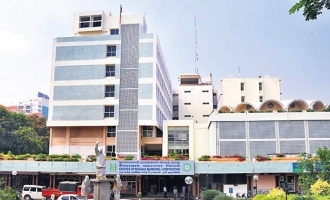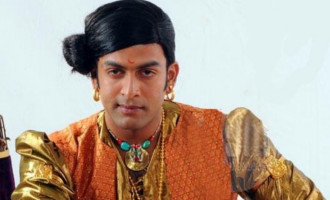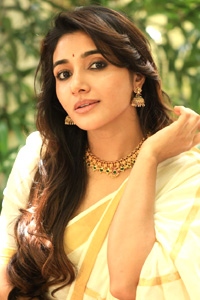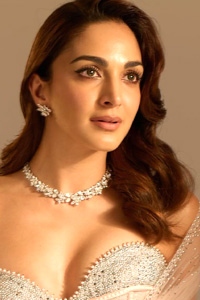Ajeeb dastaan hai yeh: The tragedies of Meena Kumari's life, work and verse


Send us your feedback to audioarticles@vaarta.com


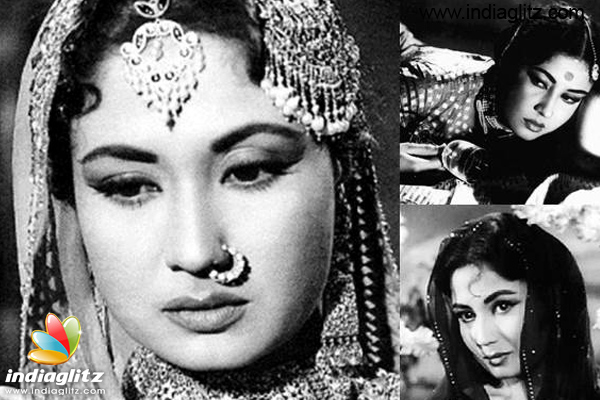
Termed the "Tragedy Queen" of Bollywood for her immortal, iconic portrayals of a varied gamut of wronged, silent and long-suffering but dignified Indian women from passed-over love interests to neglected wives, Meena Kumari was however a most unfortunate actress whose grief did not end when the shooting was done.
The barely four-decade life of Meena Kumari, whose 85th birth anniversary is on Tuesday (August 1), was no less tragic as her roles in cinematic classics, spanning "Baiju Bawra" (1952) to "Sahib Bibi aur Ghulam" (1962) to "Pakeezah" (1972). In these and more, she could evoke such a lifetime of melancholy and anguish that it was difficult to believe that she was only in her 20s and 30s when she played these roles.
But then, her circumstances had a great deal to contribute to this. Nearly abandoned at birth by her father (before a twinge of conscience made him return), her childhood was cut short by her parents' demand that she work to support the family, a fairytale romance soon soured too, and she was starved of genuine love and support. This led to a habit of heavy drinking that ultimately proved fatal when she was in her prime.
Meanwhile, her onscreen career saw her typecast as a quietly-suffering woman in thrall to a dominant male figure. But even she left an undeniable legacy, not only in winning the first two Filmfare Awards for Best Actress (1954 and 1955), but also had the unparalleled - and so far unbeaten - record of securing all the nominations in the category at the 10th edition in 1963.
Her strong roles and fame made even established male stars chary of appearing opposite her, while her biographer, renowned journalist Vinod Mehta, noted that even Dilip Kumar grew flustered in her presence and Raaj Kumar frequently forgot his dialogues. But she was encouraging to newcomers, and some of the earliest successes of Sunil Dutt, Rajendra Kumar, Dharmendra and even Vinod Khanna were opposite her.
Intelligent and sensitive, Meena Kumari did not remain entirely passive, and found free self-expression in Urdu poetry, where under the pen name "Naaz", she could fashion some imaginative and striking imagery or convey motifs of endearing wistfulness or restrained sadness.
"Shamaa hoon, phool hoon, ya ret pe qadmon ka nishaan/Aap ko haq hai mujhe jo bhi ji chahe keh le" is a couplet that uncannily echoes the crushed, social-conforming, desire-denied woman she played in countless tear-jerkers.
Or even, "Ab yahaan kuch nahi sannata hi sannata hai/Dekh ke veerana log abh bhi yehi kehte hai/Kisi dulhan ka maqbarah hai yeh khandar to nahi!"
Born on August 1, 1933, Mahjabeen Bano saw her father Ali Bux, a stage artiste who never made it big in Bollywood, and mother Iqbal Begum, a stage actress, who was the granddaughter of Rabindranath Tagore's younger brother) try to achieve their desires vicariously through her. When she was only four, they started taking her around film studios angling for a role for her.
Ultimately, director-producer Vijay Bhatt featured her the hero's daughter in his costumed drama "Leatherface" (1939), where she was credited as "Baby Meena". After a stint as a child artiste, it was Bhatt who eventually made her a household name with "Baiju Bawra", for which she won a Filmfare Award.
The same year, she would go on to marry filmmaker Kamal Amrohi, 15 years her senior, but the marriage soon went on the rocks as he tried to set rules for her film career and even allegedly mistreated her, and they eventually separated.
But even as her personal life went miserable, Meena Kumari went on to set milestones in Indian cinema with her roles in "Halaku" (1956), "Yahudi" (1958), "Char Dil Char Rahen" (1959), "Dil Apna Aur Preet Parayi" (1960), "Sahib Bibi Aur Ghulam", "Main Chup Rahungi", "Aarti" (all 1962), "Benazir" (1964), "Bahu Begum" (1967), "Mere Apne" (1971) and eventually her swan-song, the long-delayed "Pakeezah", completed just before her death in 1972.
While known as a tragedienne, she could do comic roles with aplomb too - as seen in films like "Miss Mary" (1957), "Shararat" (1959) and "Kohinoor" (1960) - but never got much of a chance in this genre.
This was perhaps the biggest tragedy for Meena Kumari.
Follow us on Google News and stay updated with the latest!
Comments
- logoutLogout

-

Contact at support@indiaglitz.com




 Follow
Follow


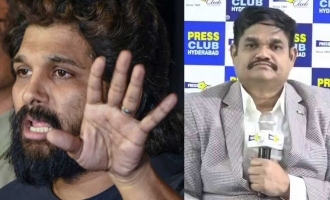
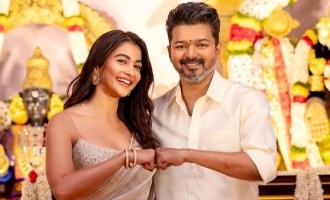
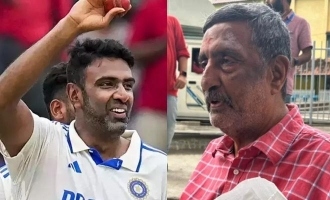
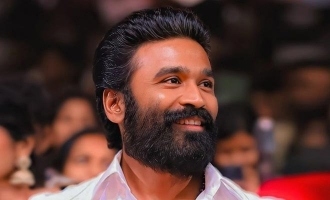
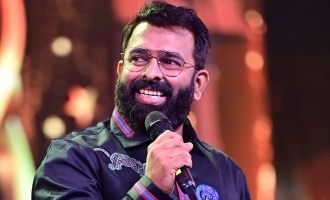
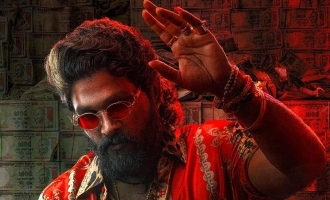
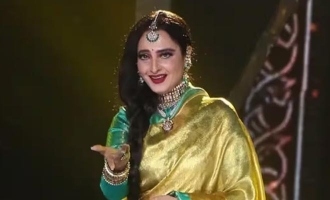
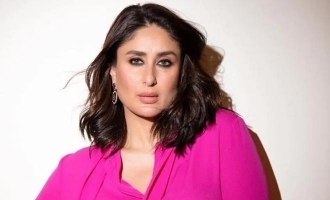
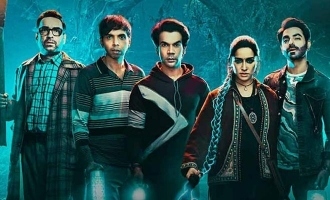
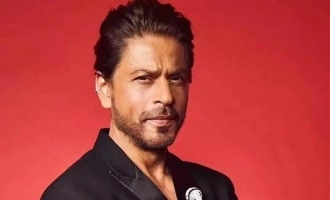
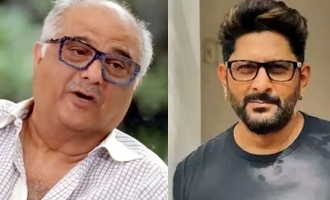
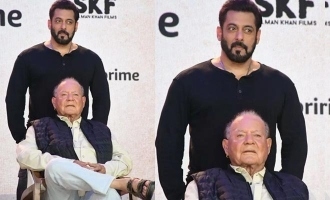
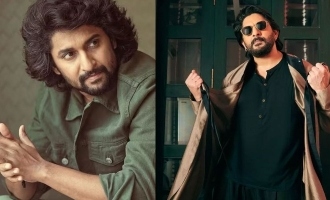
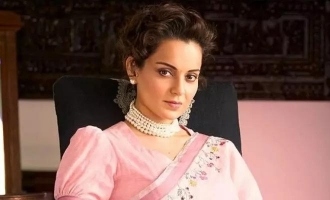
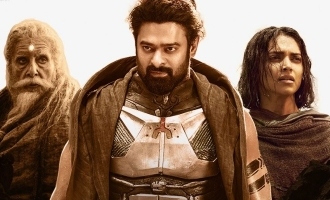
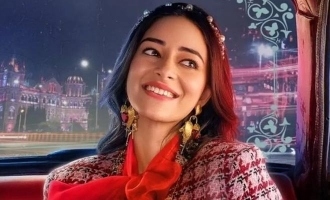
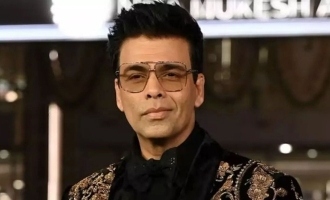

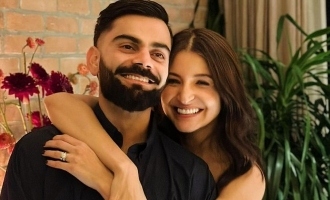
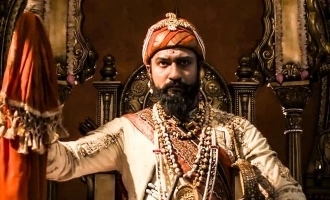
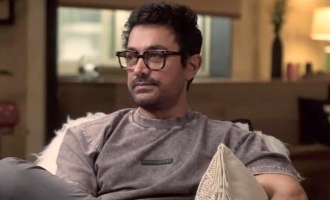
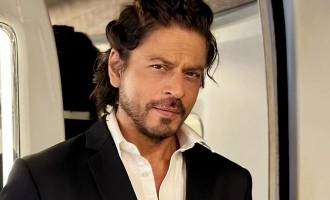
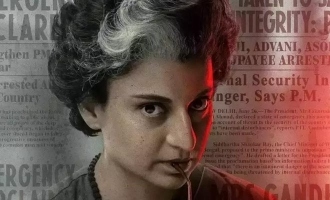
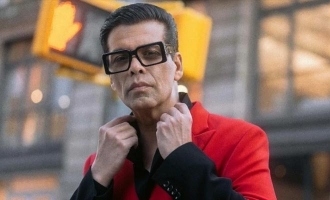
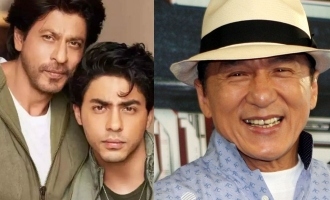
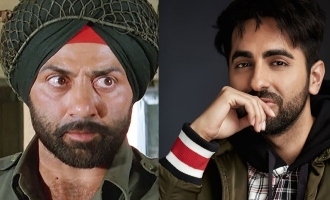
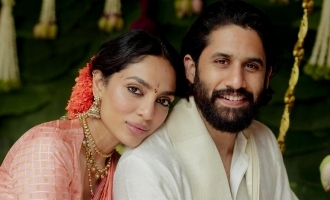
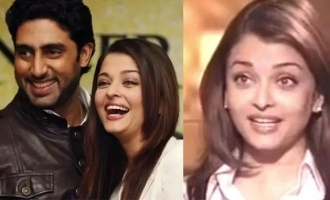
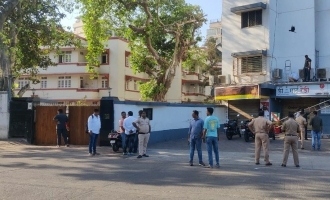
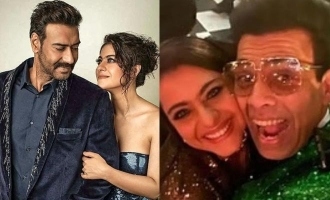
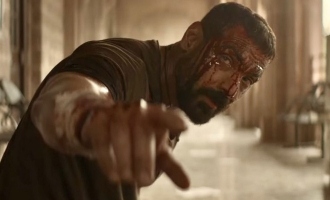
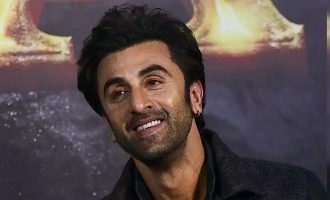
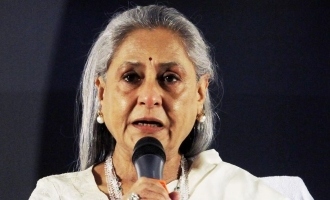
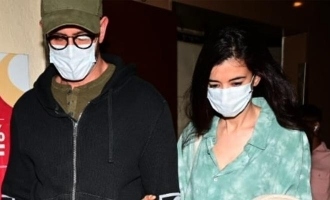
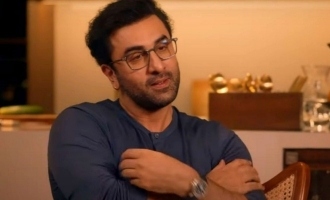
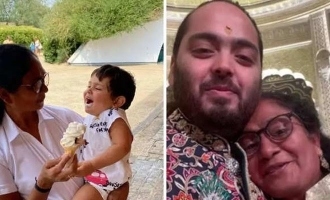
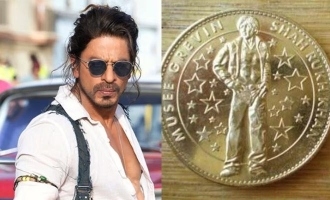
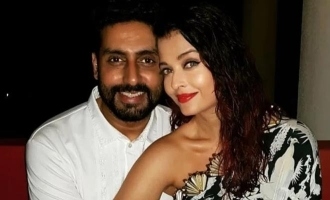

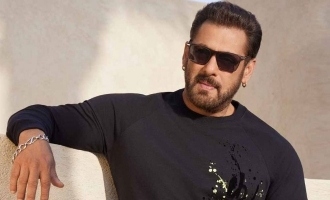

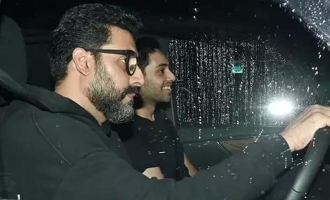
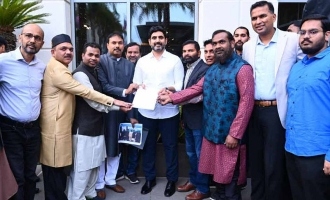
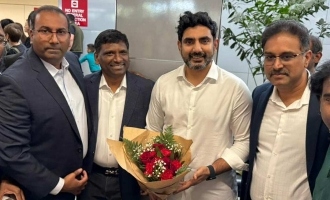
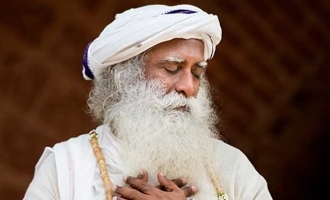
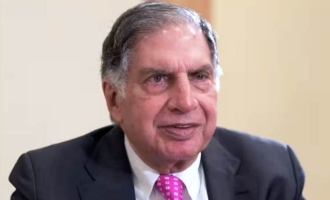
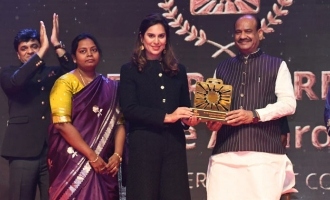
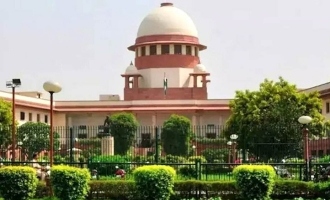
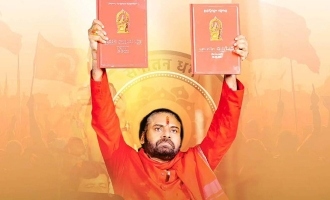
-a3e.jpg)
-3c4.jpg)
-e5c.jpg)
-e66.jpg)
